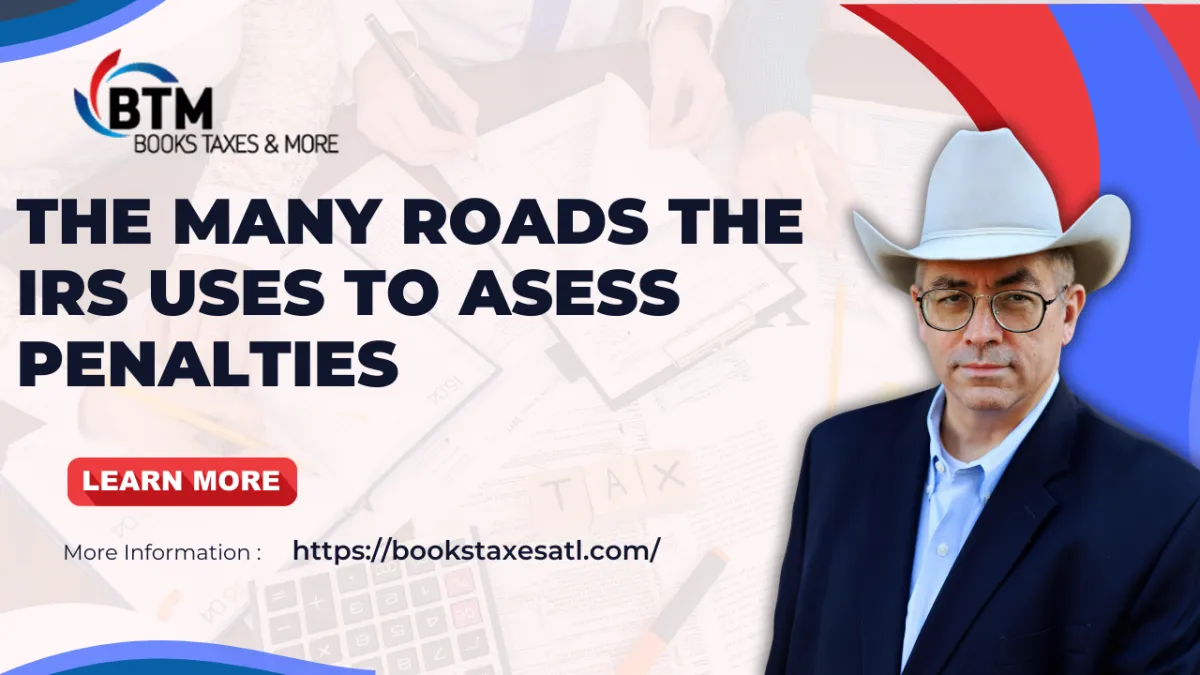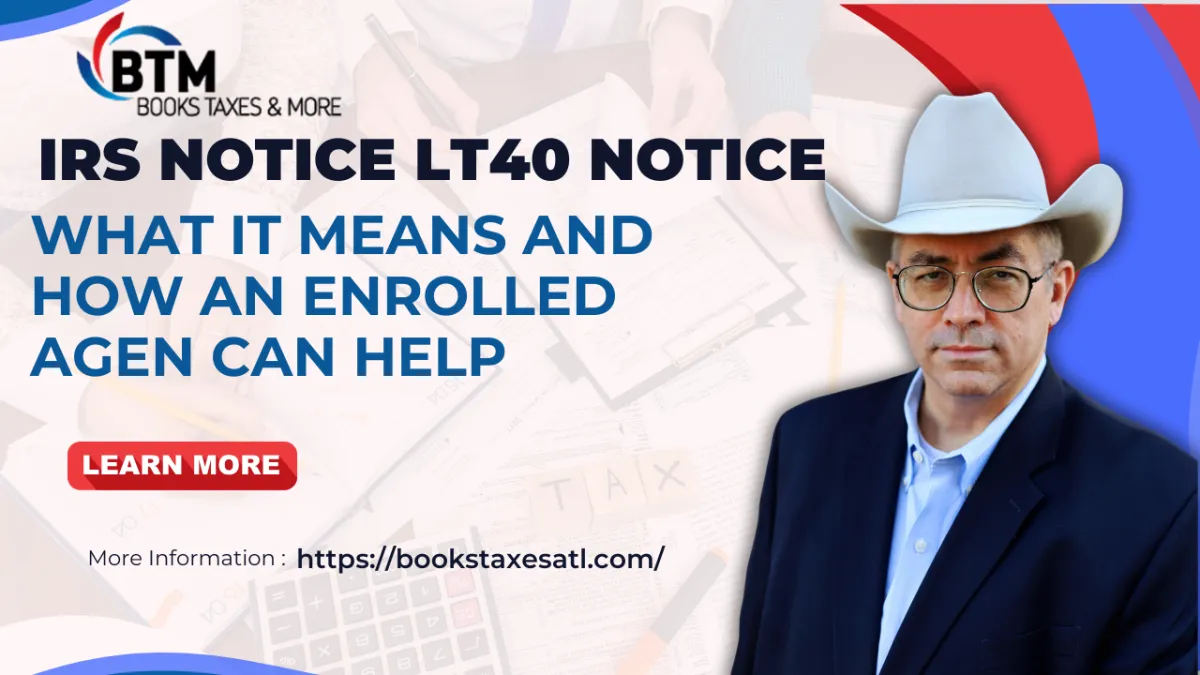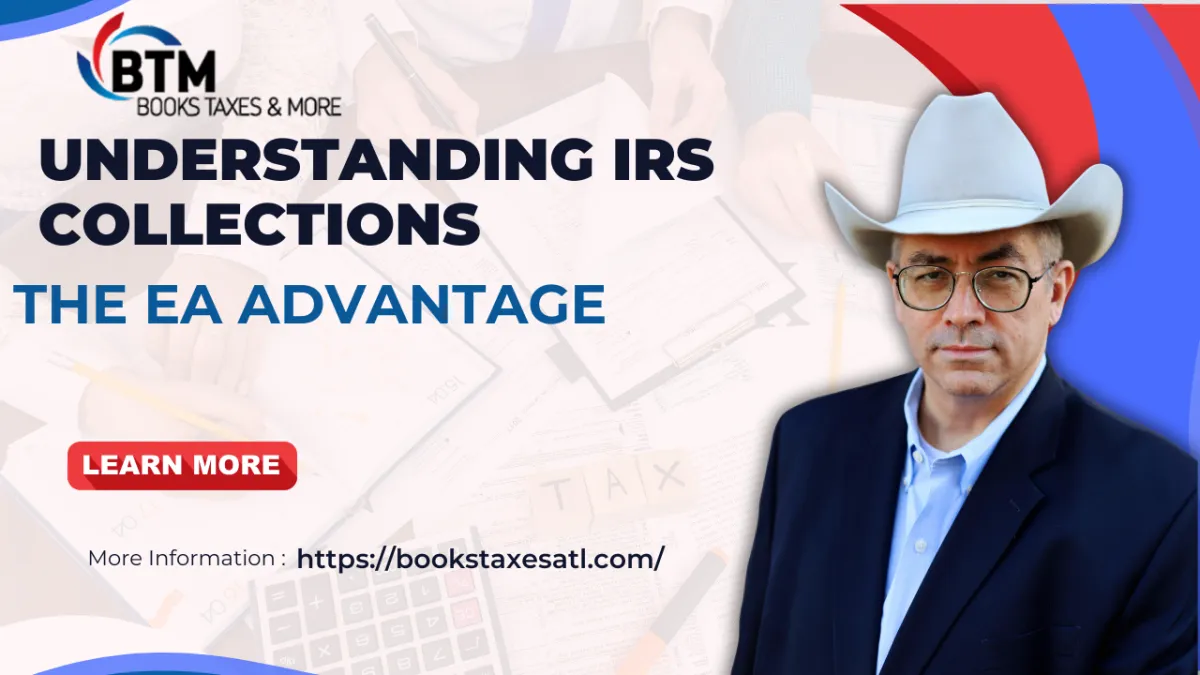The Many Roads the IRS uses to Assess Penalties
While most taxpayers understand that the IRS charges penalties and interest for unpaid taxes, many are unaware of the wide range of penalties and how they may be reduced or waived. Interest is mandatory and cannot be abated, but penalties are discretionary and can sometimes be removed with a valid reason. Deposit penalties primarily affect employers who fail to make timely payroll tax deposits. These can range from 2% to 15% of the tax owed, and liability may extend to any company officer who handles payroll decisions. Underpayment penalties apply to all types of taxpayers and arise when taxes are not properly estimated and paid throughout the year. The U.S. tax system operates on a pay-as-you-go basis, so failure to remit tax during the year can result in penalties even if the balance is paid at filing. Failure to file or incomplete return penalties occur when a return is late or missing critical information. Corporations and partnerships must file regardless of income due to reporting requirements like issuing K-1s. The IRS won’t proactively offer to waive penalties, but a well-prepared case—especially for a first-time offense—can often succeed. For more complex cases or high penalties, professional representation is highly recommended, and tax court may be an option.




